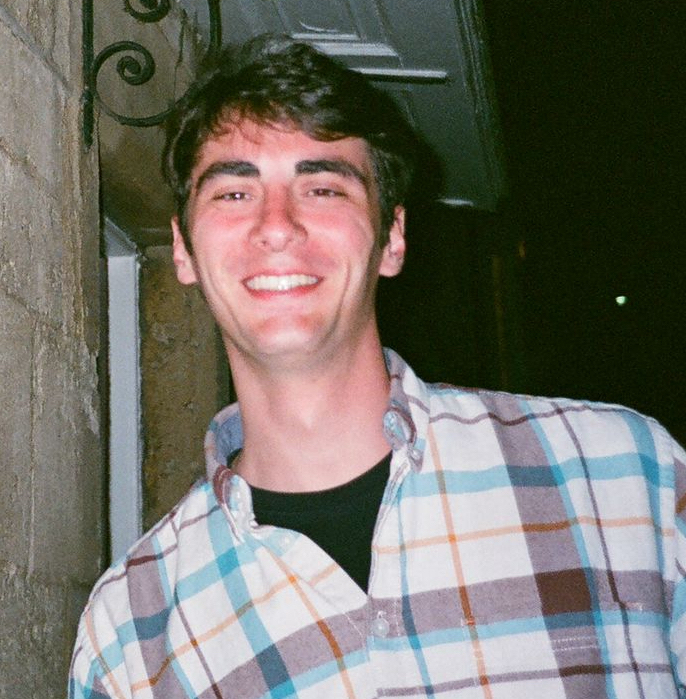People
Faculty
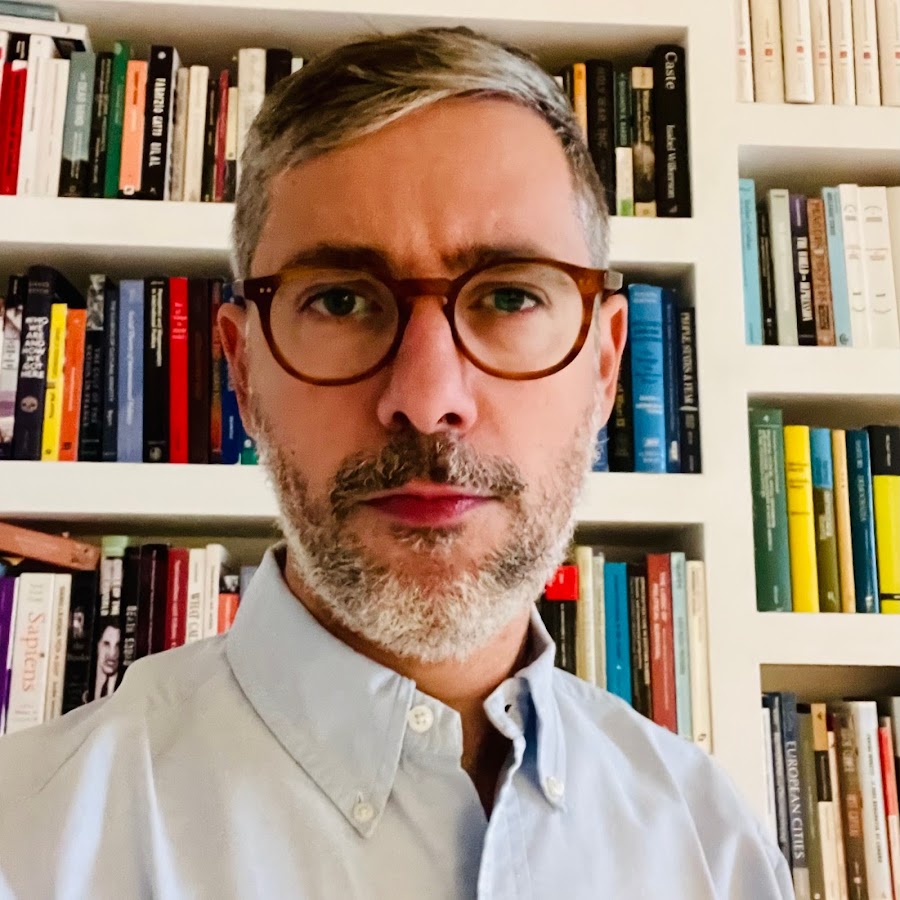
Francesco Niccolò Moro
Francesco Niccolò Moro is Professor of Political Science at the University of Bologna and Adjunct Professor of International Relations at the Johns Hopkins University-SAIS Europe. His research focuses on collective violence, with particular reference to the strategies and organizational features of armed groups (and organized crime), on the relationship between violence and governance, and on national security policies. Francesco is Head of Department and a member of Academic Senate and of the UNIBO Learning and Teaching Center.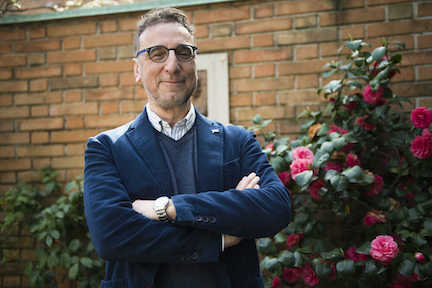
Giampiero Giacomello
Giampiero Giacomello is Associate Professor of Political Science. His research interests include strategic theory (mostly Clausewitz), cybersecurity and wargaming and simulation. He has extensively published on all of these topics.
Marco Albertini
Marco Albertini is Full Professor at the University of Bologna. His research interests focus on intergenerational relations; the consequences of separation and divorce; the comparative study of income inequality and social stratification; the consequences of childlessness; long-term care policies and ageing.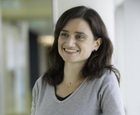
Chiara Binelli
Chiara Binelli received her Ph.D. in Economics from the University College London. She is Associate Professor of Economics in the Department of Political and Social Sciences at the University of Bologna and Founder and Co-Director of the Center for Research and Social Progress (cersp.org). Her early research focused on returns to schooling, quality of education, informal labor markets, social inequality, employment and earnings’ expectations. More recently, she has been working on using data science to address policy-relevant questions such as climate change. She has published in several international journals such as the Review of Economic Dynamics, Social Indicators Research, Economics of Education Review, and World Development.
Matthew Loveless
Matthew Loveless is an Associate Professor in the Department of Political and Social Sciences at the University of Bologna. He investigates how individuals make sense of politics in Europe, focusing on public opinion, media use, and perceptions.
Paride Carrara
PhD student enrolled in the 36th cycle of the course in Political and Social Science. His research focuses on the causes and consequences of ideological ambiguity. Among his interests, there are intra-party politics and text analysis.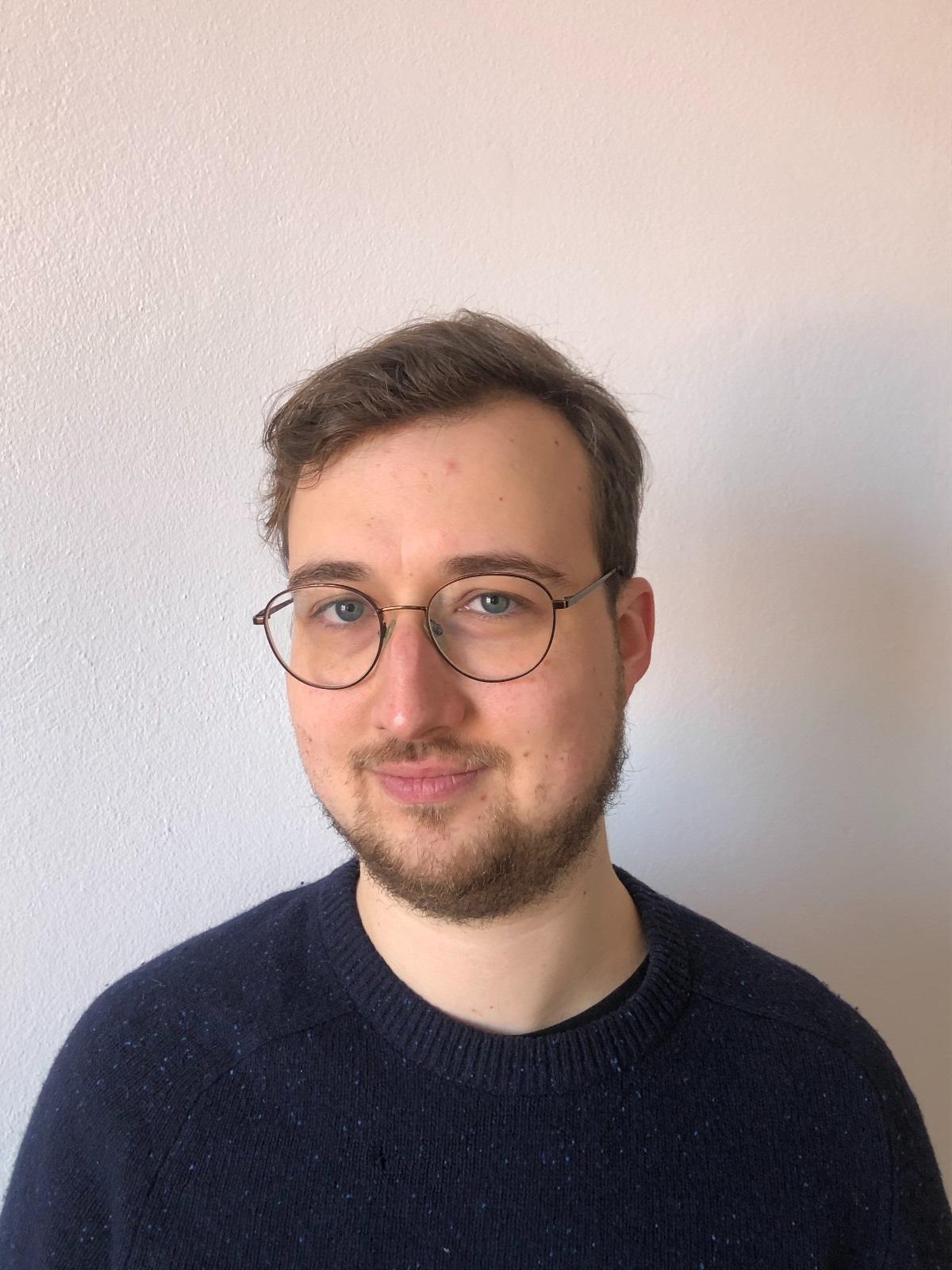
Simon Luck
Simon is a PhD student in Political Science at the University of Bologna. His research interests are political representation, democratic institutions, and media effects. He specialized in Computational Social Science, with a particular focus on NLP.
Aidar Zinnatullin
Aidar Zinnatullin is a PhD student in the Department of Political and Social Sciences at the University of Bologna. He studies how political discussions evolve in the context of authoritarian politics. In the research project, Aidar uses quantitative text analysis techniques and causal inference identification strategies.Speakers
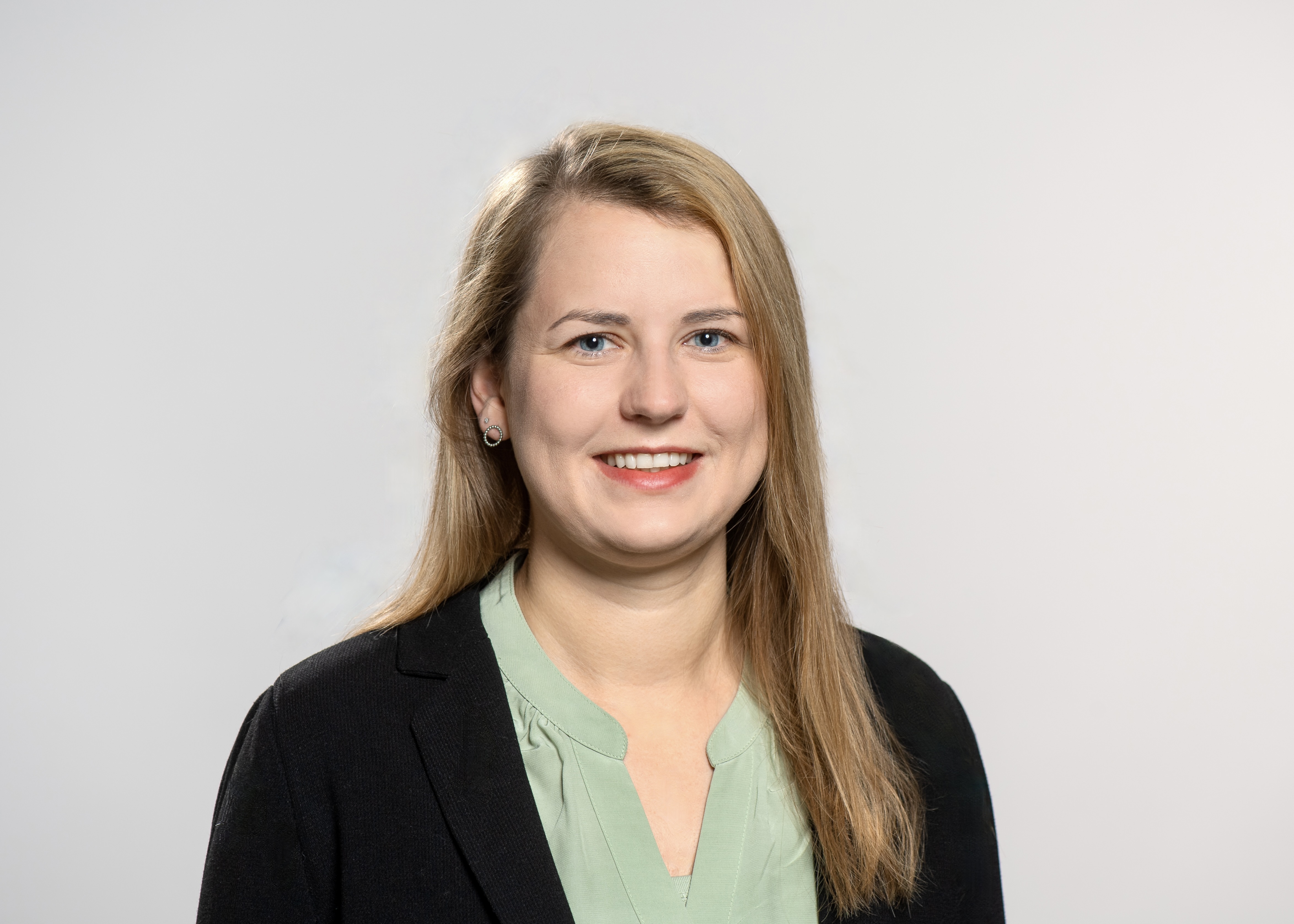
Franziska Pradel-Sınacı
Franziska Pradel-Sınacı works as a post-doctoral researcher at the Chair of Digital Governance at the HfP/TU Munich. Prior to this position, she worked as a doctoral researcher at the Cologne Center for Comparative Politics at the University of Cologne (2018-2021). She wrote her thesis in political science on Biased political information in search engines and their effects. Her research interests include online political communication, especially investigating biases on online platforms and their effects on political attitudes, computational social science, and experiments.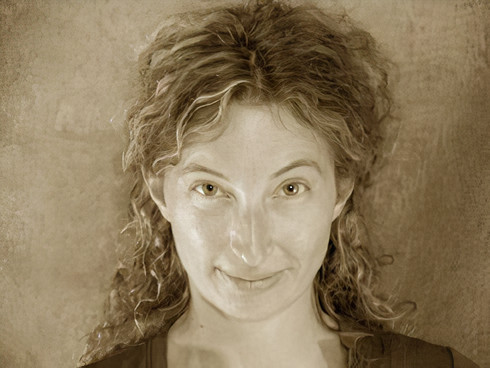
Laura Sartori
Laura Sartori is an Associate Professor of Sociology at the Department of Political and Social Sciences at the University of Bologna. She holds a Ph.D. in Sociology and Social Research from the University of Trento (2002) and, ever since, has worked on several topics related to the social and political implications of technology, from ICTs to AI. Current projects are about 1. Bias, inequalities and the social implications of AI, 2. Public perception of Artificial Intelligence, 2. the medical practice and the introduction of Automated Decision-making systems (ADMs), 3. Digital and sustainable lifestyle and novel forms of urban economy.
Fabio Giglietto
Fabio Giglietto is an Associate Professor in the Department of Communication Sciences, Humanities, and International Studies at the University of Urbino Carlo Bo. His research focuses on the interplay between digital media and societal transformations, particularly on how digital platforms influence public opinion and democratic processes. He is a prominent figure in the field of Internet Studies, known for his innovative use of advanced methodologies to study political communication on social media platforms.
Étienne Ollion
Étienne is Research Director at CNRS. He is also Professor of Sociology at l’École Polytechnique. His research focuses on contemporary politics (parliament, state, media). He integrates classic data sources and methods with digital approaches. Method-wise, his current work focuses on what can social sciences do with, and also for, Artificial Intelligence.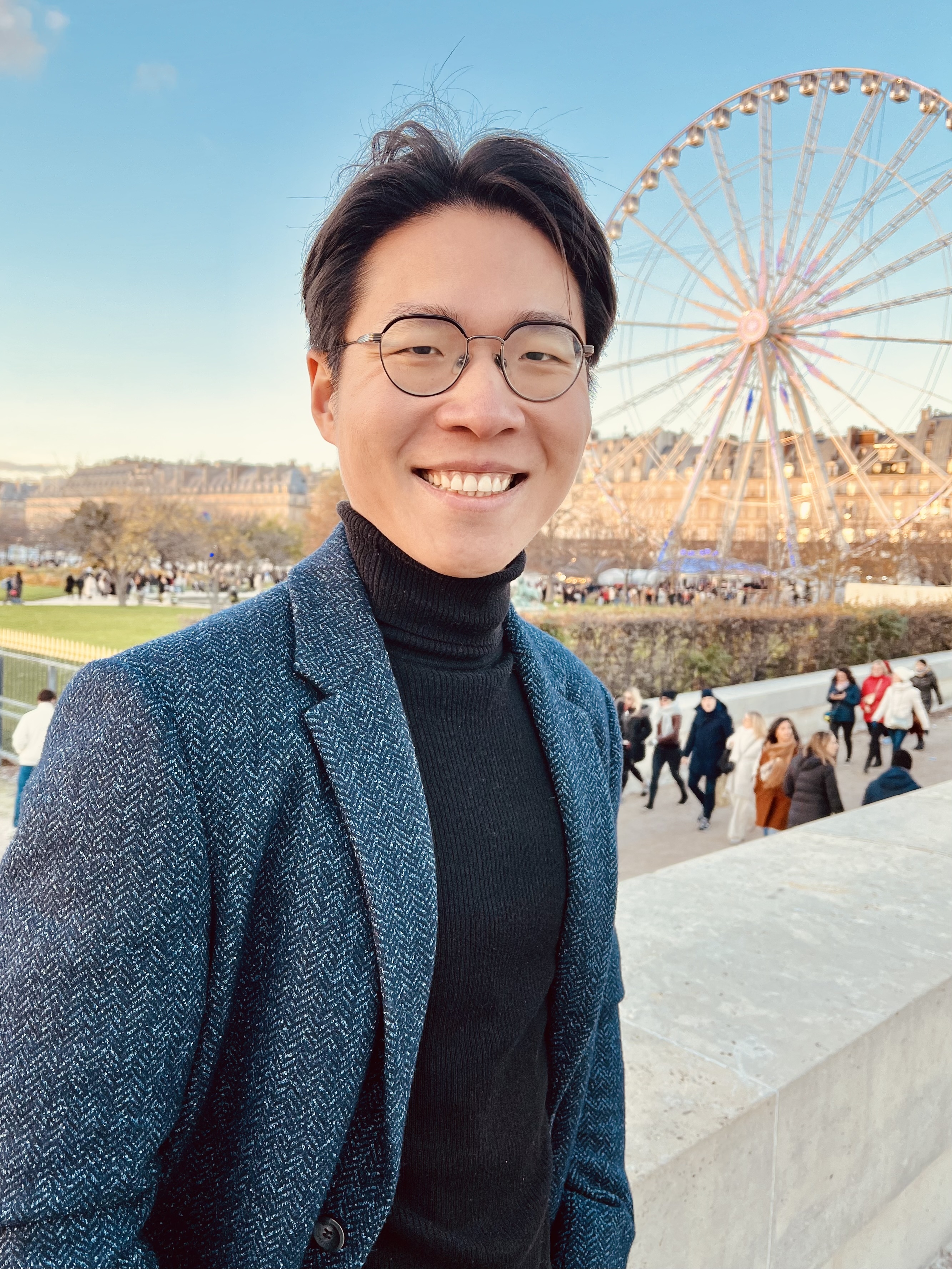
Rubing Shen
Rubing Shen is a PhD Candidate in Sociology jointly at Sciences Po (Médialab) and at l’Institut polytechnique de Paris. His research focuses on the transformations of political journalism in France and in particular on the changes in the narrative framing of political news, leveraging both quantitative and computational methods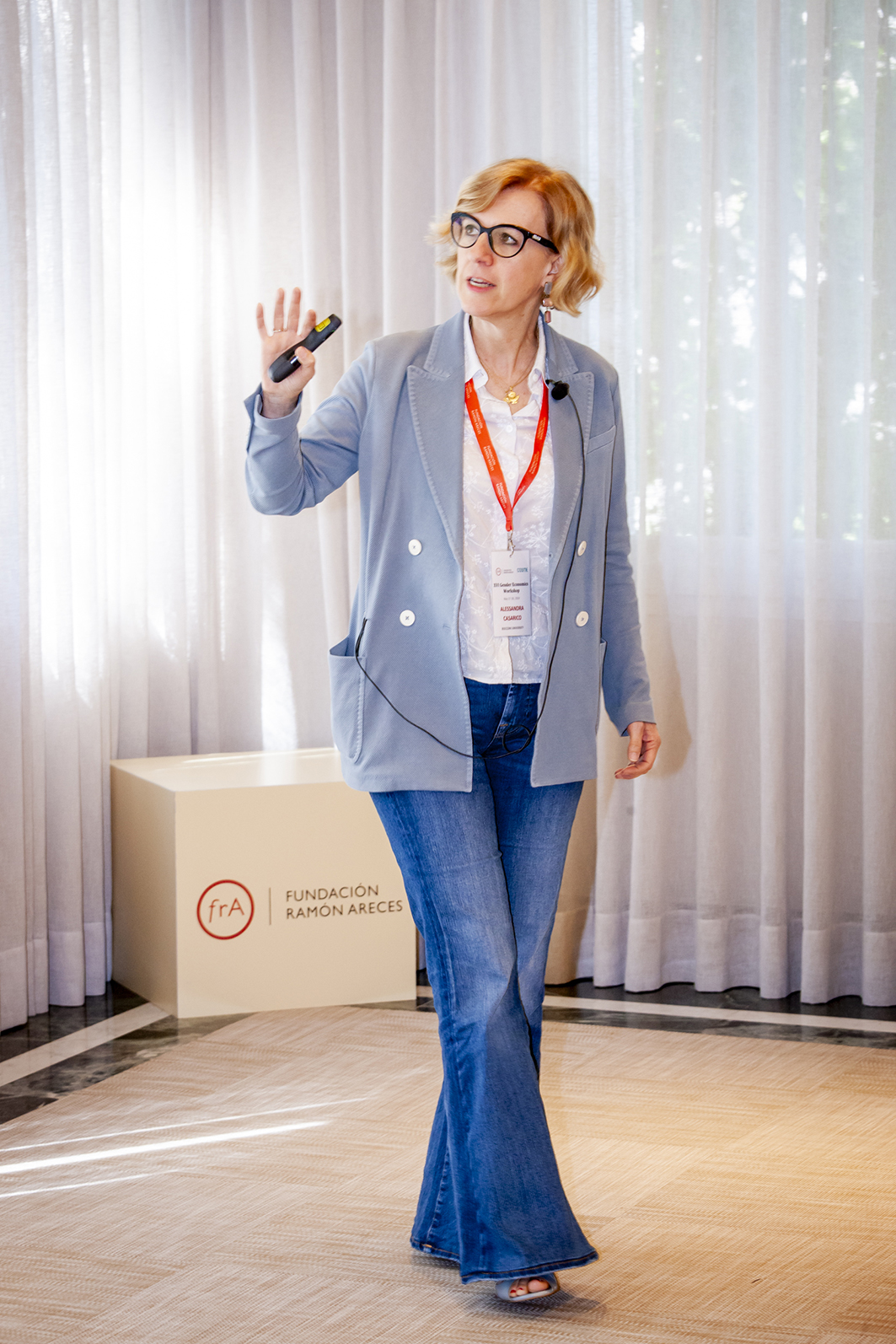
Alessandra Casarico
Alessandra is an Associate Professor of Public Economics at Bocconi University and a member of the Dondena Research Center on Social Dynamics and Public Policy, where she coordinates the newly established Social Inclusion Lab (SILab). Her research relies on a mix of applied theory and empirical methods to explore policy-relevant issues. She uses administrative data to document the extent and explore drivers of gender inequality along the distribution, with a particular focus on the top and on the role of firms. Moreover, she studies the under-representation of women in elite occupations, focusing on politics and academia. To study the sources of inequality in the economics profession, she uses text as data and natural language processing tools to uncover sources of bias.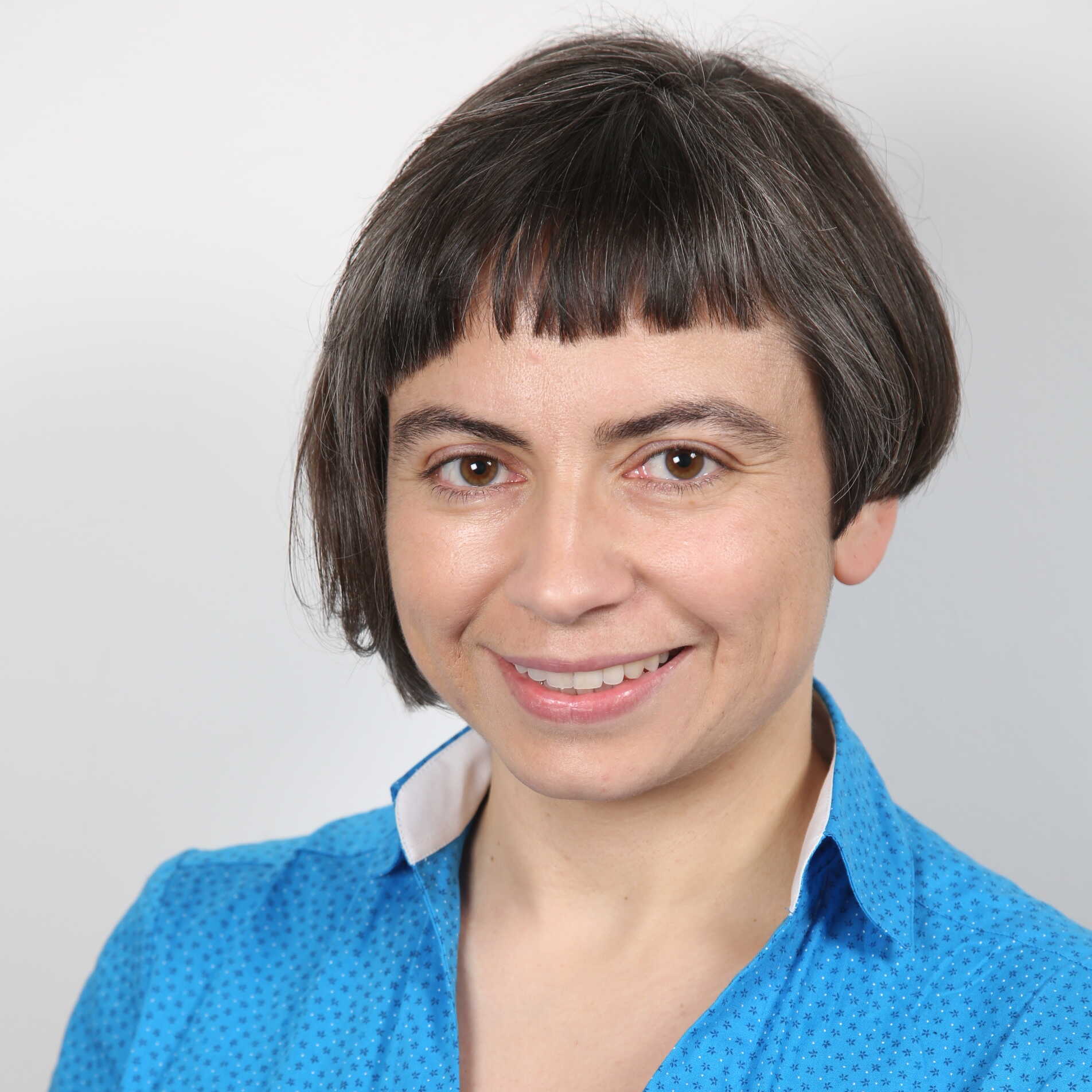
Milena Tsvetkova
Milena Tsvetkova is an Assistant Professor in the Department of Methodology. She completed her PhD in Sociology at Cornell University in 2015. Prior to joining LSE in 2017, she was a Postdoctoral Researcher in Computational Social Science at the Oxford Internet Institute, University of Oxford. Milena’s research interests lie in the fields of computational and experimental social science. She employs online experiments, network analysis, and agent-based models to study fundamental social phenomena such as cooperation, contagion, and inequality. Her current work investigates the structural conditions under which inequality emerges and worsens when individuals interact in large social groups. In collaboration with computer scientists, physicists, organizational scientists, and game developers, she is working on incorporating gamification to develop new methods for large-scale social interaction experiments online.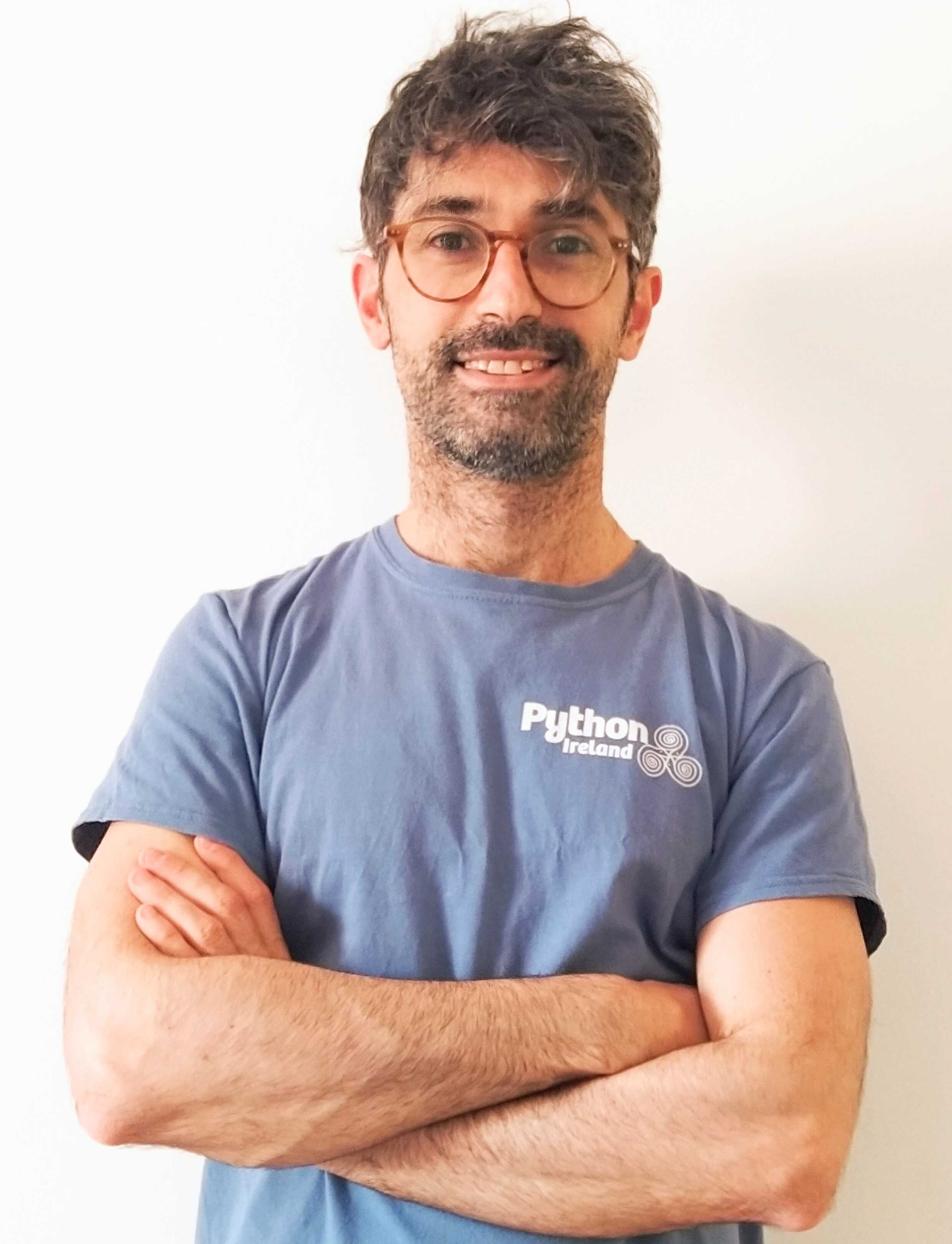
Oltion Preka
Oltion Preka is a researcher and an adjunct professor at the Department of Political and Social Sciences at the University of Bologna. Through his course ‘Big Data for the Social Sciences’ he has involved many students of political sciences in learning how to leverage Python programming skills in their studies. He also has a long experience as a data scientist covering a broad range of areas (from data wrangling to machine learning, to natural language processing). His main interests concern the application of Deep Learning techniques, especially NLP, to make sense of text data in the social sciences.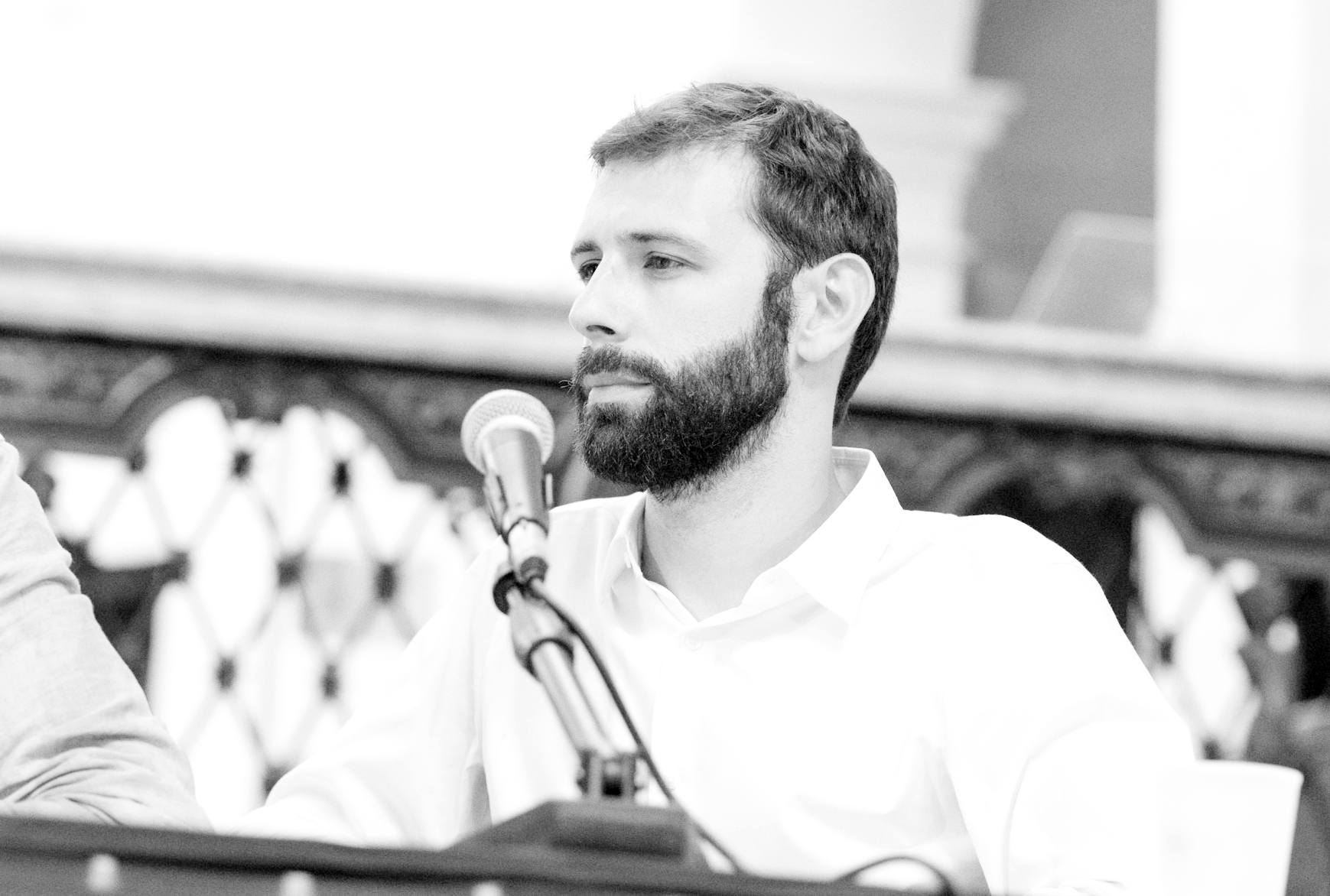
Tommaso Venturini
Tommaso is researcher at the CNRS Centre for Internet and Society, associate professor at the Medi@lab of the University of Geneva, and founder of the Public Data Lab. In 2017 and 2018, Tommaso has been researcher at the École Normale Supérieure of Lyon and recipient of the “Advanced Research” fellowship of the French Institute for Research in Computer Science and Automation. In 2016, he has been “digital methods lecturer” at the Department of Digital Humanities of King's College London. From 2009 to 2015, he has coordinated the research activities of the médialab of Sciences Po Paris.Teaching Assistants
Participants

Marlene Hecht
Marlene is a PhD student in Psychology at the Center for Adaptive Rationality at the Max Planck Institute for Human Development in Berlin. Her research interests mainly lie at the intersection of social decision-making, information search, and digital media. Currently, she investigates the cognitive processes by which people form social judgments.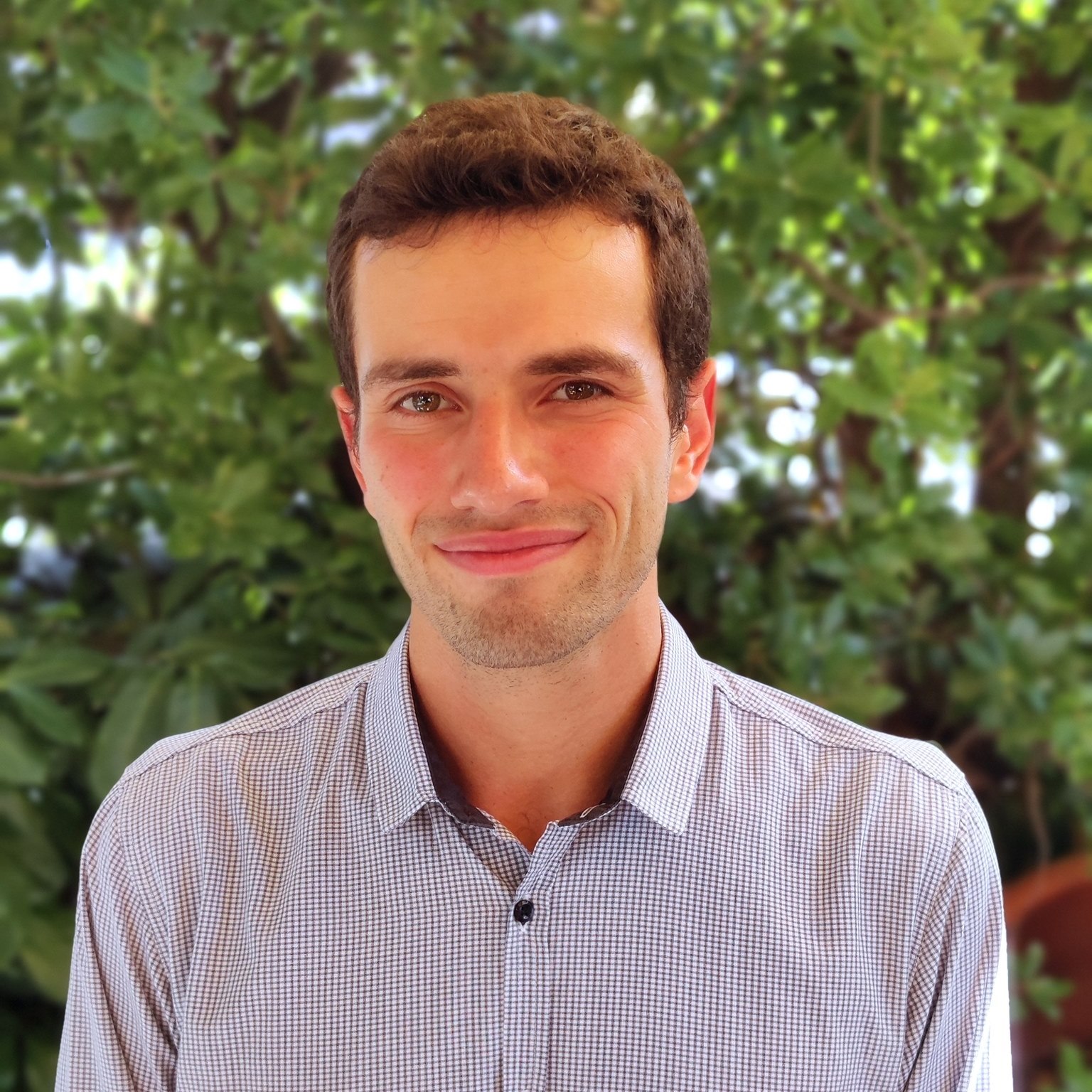
Francesco Mattioli
Francesco is a PhD student in Social and Political Science at Bocconi University in Milan, where he previously obtained an MSc in Economic and Social Sciences. His research interests lie at the intersection of political economy and cultural economics. His doctoral research focuses on measuring novel dimensions of political selection through computational methods, and identifying their economic and political consequences in the context of macro-demographic changes using causal inference methods.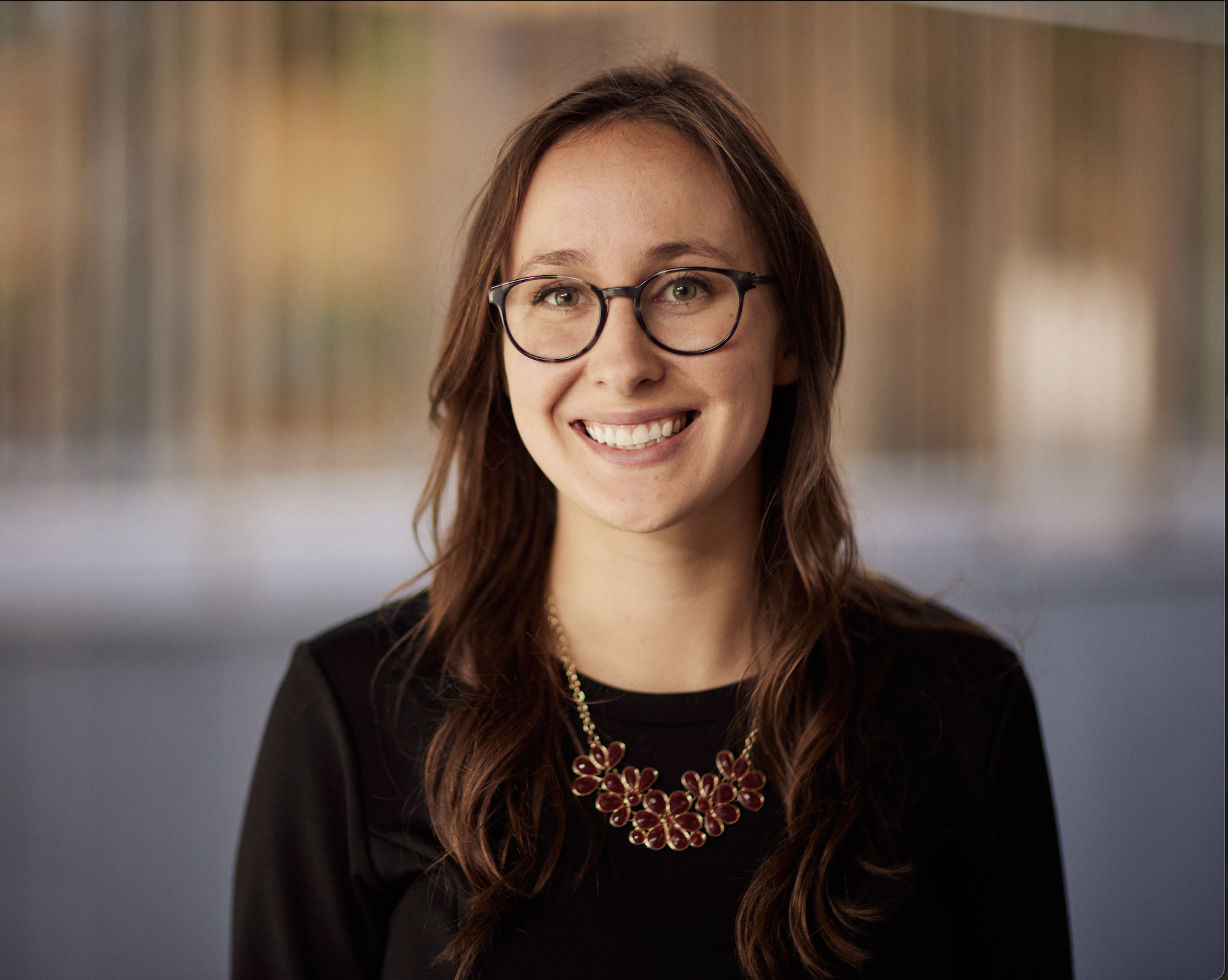
Anna George
Anna George is a Social Data Science PhD student at the University of Oxford who uses computational approaches to study online harms. Her research focuses on the message transmission of harmful online communities. Before joining the doctoral program at the Oxford Internet Institute (OII), Anna graduated with distinction from the OII’s MSc in Social Data Science. Anna holds an M.S. in Industrial/Organizational-Social Psychology and a B.S. in Psychology, Second Major in Sociology, and minor in Statistics.
Márton Végh
Márton Végh is a PhD student at Bocconi University's Department of Social and Political Sciences, interested in the nexus of political economy and political behavior. His research examines the political drivers and effects of global economic flows. Before starting his PhD, he worked at the European Central Bank and earned an MA from the Central European University.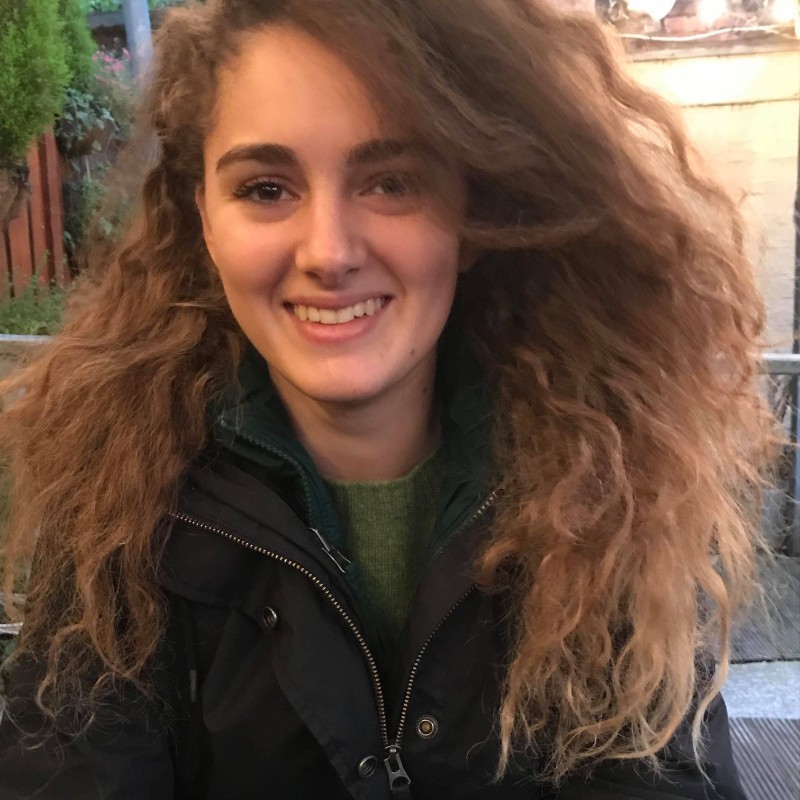
Rebecca Langella
Rebecca is PhD is a Medical Research Council-funded PhD candidate based at the Great Ormond Street Institute for Child Health, currently working on large administrative datasets to explore inequalities in healthcare and social care provision in the UK. Her interest lies in disenfranchised and under-reported population, with a particular focus on unaccompanied asylum seeking children (UASCs).
Paul Drecker
Paul Drecker is a research assistant and doctoral student at the University of Münster. In his research, he uses methods of computational social science (network analyses, NLP) to study the polarisation of the climate policy debate
Elisabeth Höldrich
Elisabeth Höldrich is a doctoral student at the University of Graz. With a background in theoretical and computational physics, her current research in computational social science examines the spread of conspiracy theories in online environments. Through the application of Natural Language Processing and topic modeling Elisabeth hopes to measure different characteristics of conspiracy narratives and identify which of these characteristics contribute to the popularity of a narrative.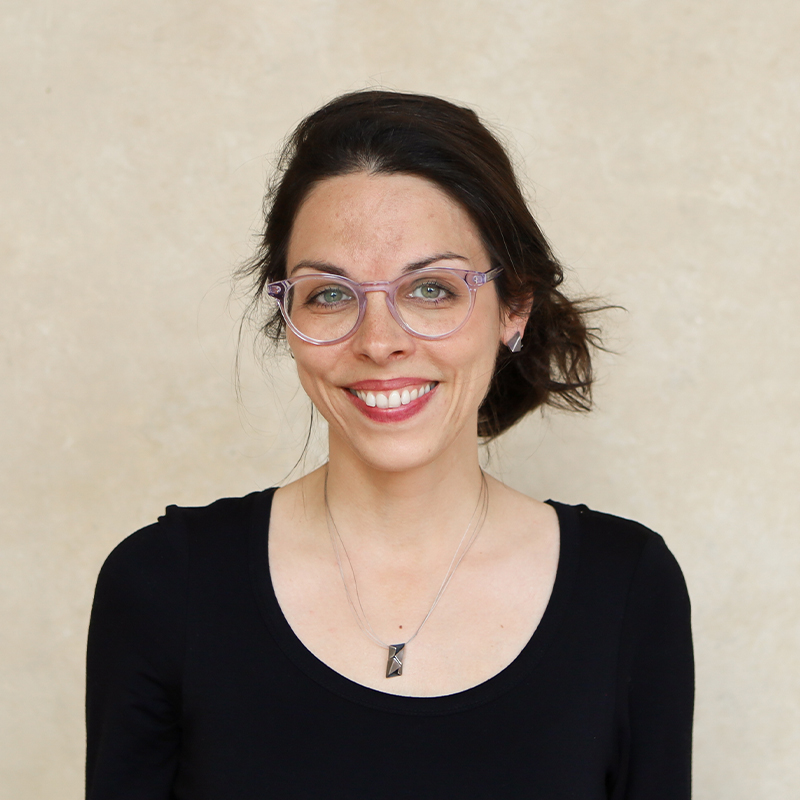
Maria Zuffova
Mária Žuffová is a Research Fellow at the European University Institute. She holds a Ph.D. in Politics from the University of Strathclyde, Glasgow. Her research interests include media freedom, politics of transparency, and gender representation and stereotypes. Her work has been published in journals such as the EPSR and IJPP.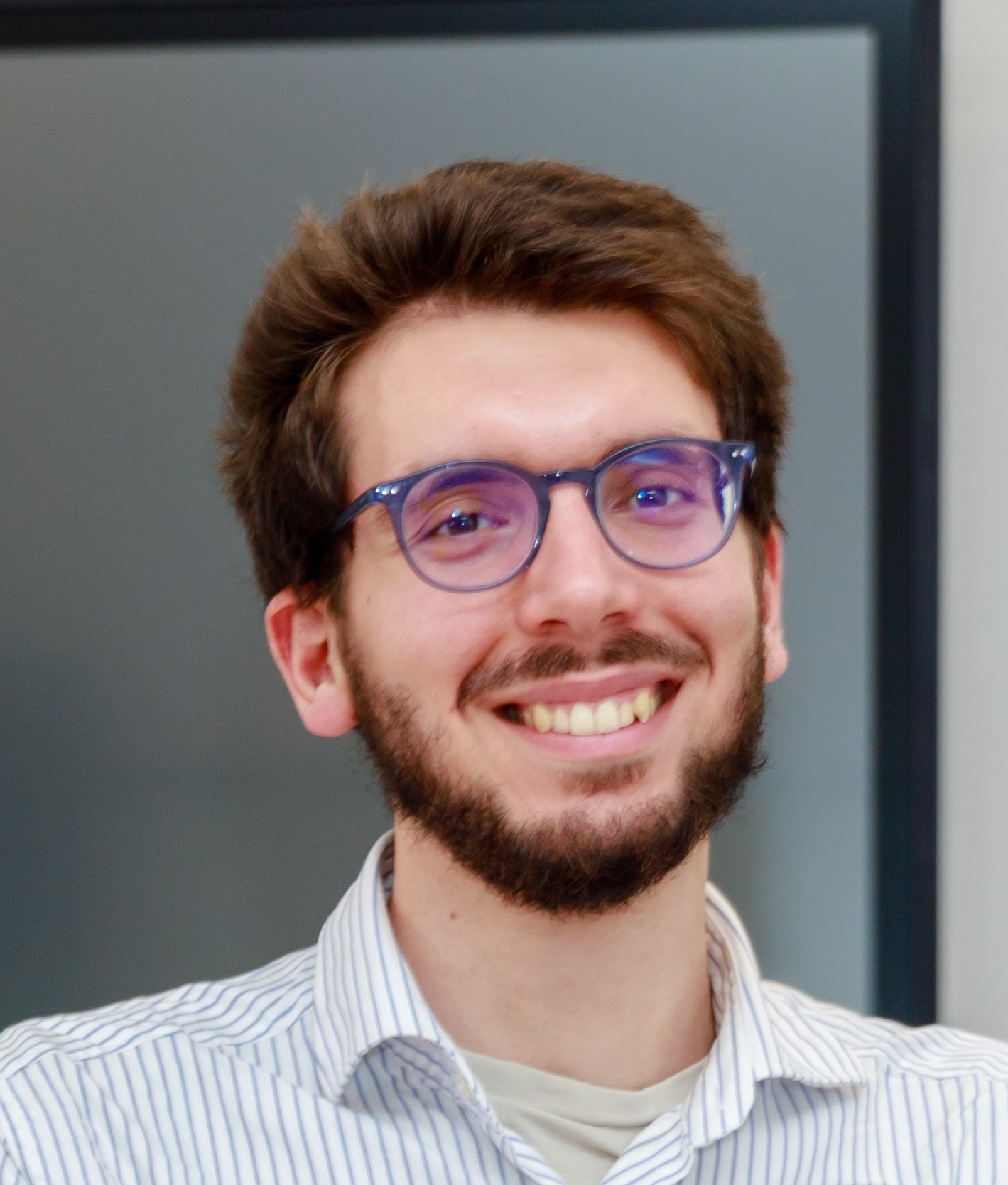
Gaetano Scaduto
I am a PhD Student at the University of Milan-Bicocca, currently in visiting with the Media Movement and Politics group at the University of Antwerp. I do research in the fields of political communication, political psychology, and related. In my research I use both experimental and computational methods.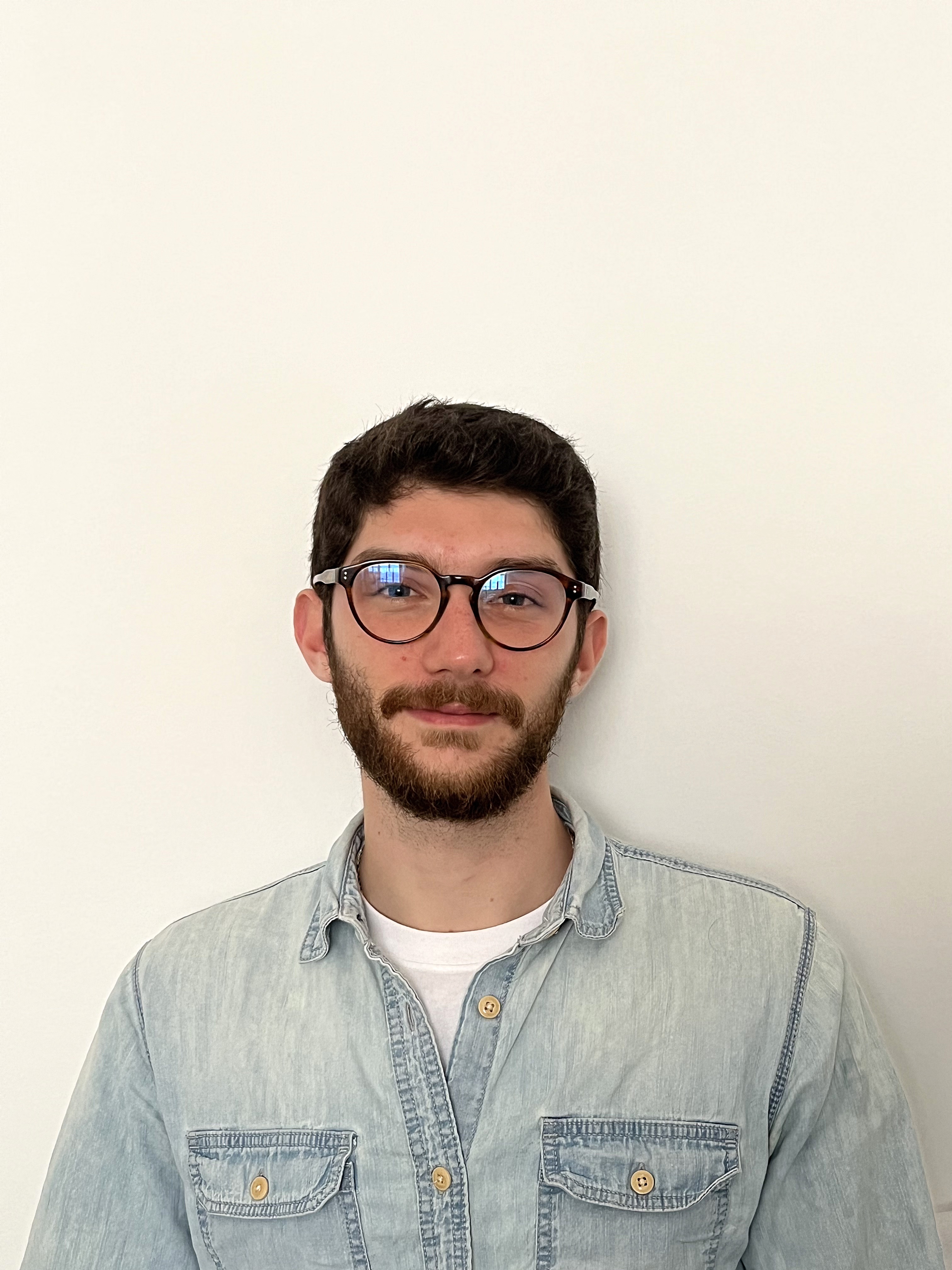
Lorenzo Mattioli
Lorenzo Mattioli has a background in Economics, and is now a Master student in Politics and Social Policy at the University of Bologna.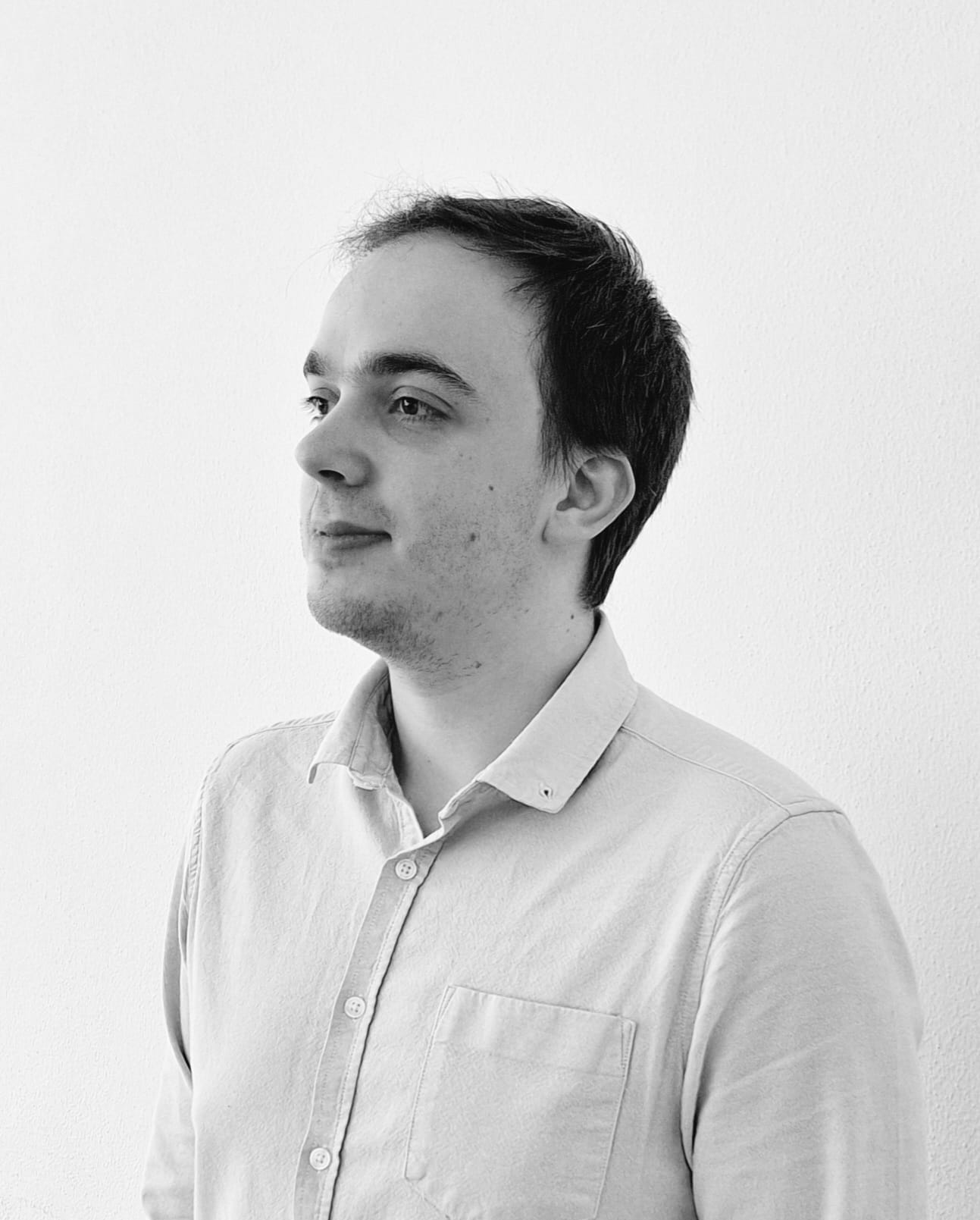
Stefano Sangiovanni
Stefano Sangiovanni is currently pursuing a PhD in Political Studies at the University of Milan. His research interests include political crises and scandals, intra-party politics, leadership, computational methods, and quantitative text analysis. He holds a BA in Sociology and an MA in Administration and Public Policy.
Giuseppe Corbelli
Giuseppe Corbelli is a postdoctoral researcher at Sapienza University of Rome, and he is collaborating with Uninettuno University on several research projects. His research focuses on quantitative methods applied to the understanding of moral self-regulation and behavior. He is interested in the interplay between personality, cognitive dimensions, and manipulated information on social media.
Faye-Marie Vassel
Faye-Marie Vassel is a STEM Equity and Inclusion Postdoctoral Research Fellow at Stanford University. Her research focuses on racial-ethnic and gender inequities in undergraduate STEM pathways, using mixed-methods to explore how marginalized students navigate STEM culture. She examines how students perceive the norms of Computational Sciences (CS) and how these perceptions influence their CS identity development and decision-making. Her work aims to enhance understanding of the social and political factors shaping equitable educational experiences for underrepresented students in CS.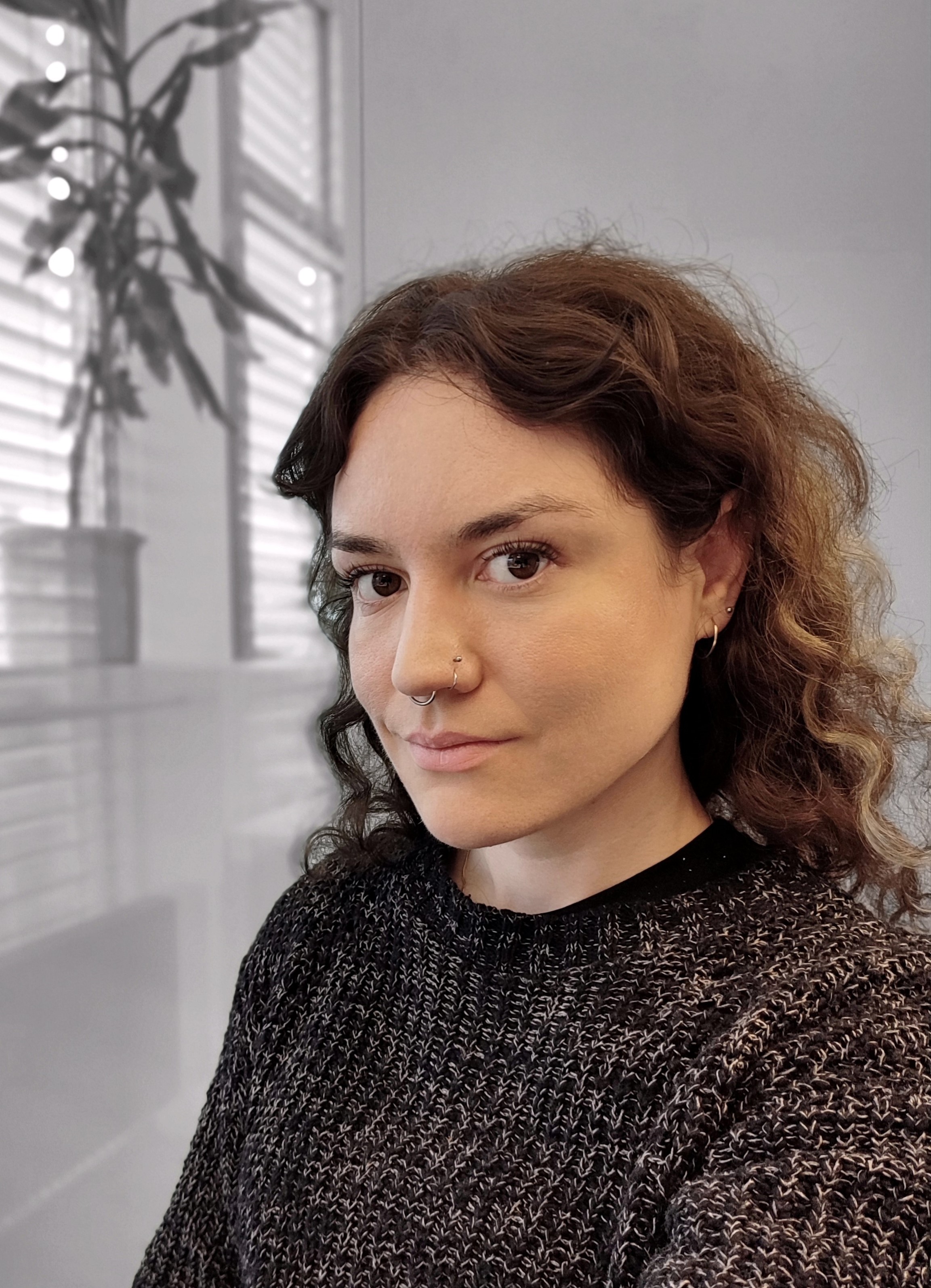
Lovisa Mundschenk
Lovisa is a PhD student at the University of Zurich at the Chair of Comparative Politics and Democratic Representation. In her research she focuses on political behaviour, climate change and democratic attitudes using quantitative methods. She holds degrees in political science and sustainability sciences from University of Mannheim and Leuphana University.